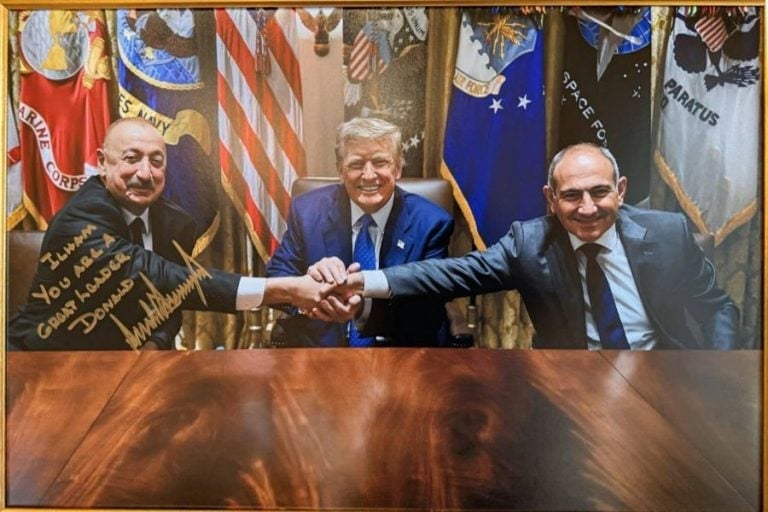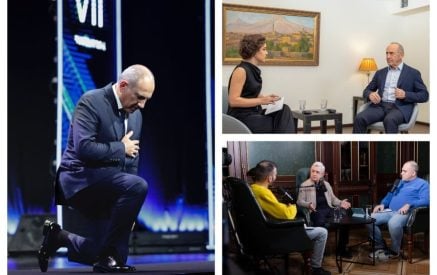Government propagandists insist that the documents signed in Washington on September 8 are a historic achievement of our diplomacy.
But what exactly are these “unprecedented successes”?
Azerbaijan demanded the dissolution of the OSCE Minsk Group. Our side said no—that would only happen after a peace agreement was signed. Yet in Washington, together with Azerbaijan, we announced its dissolution.
Azerbaijan and Turkey demanded a “Zangezur Corridor.” We said no corridor, forget about it. Yet in Washington, we gave them that corridor. To this day, the authorities continue to mislead, claiming it is not a corridor, but merely the “unblocking of communications.” If so, tell me: which communication has been unblocked—Armenia–Nakhichevan–Iran? Armenia–Azerbaijan–Russia?
In my view, diplomatic success is when your opponent pushes for something to your detriment, but through diplomatic maneuvering, you prevent him from achieving it—or at least prevent him from achieving it fully. Those who speak of “historic achievements” should clearly state what Azerbaijan wanted but failed to obtain in Washington.
Still, let us suppose for a moment that our diplomacy did indeed score brilliant victories there. As part of these “unprecedented triumphs,” Armenia signed three memorandums with the United States:
Read also
On partnership in the field of capacity development of the “Crossroads of Peace” project,
On innovative cooperation in artificial intelligence and semiconductors,
On partnership in the field of energy security.
One would think that such memorandums—proof of our “masterful diplomacy”—would be public. Yet they remain secret. If they are truly cause for celebration, why not publish them so that we, too, may rejoice?
Instead, we are left with unofficial leaks suggesting that some territory of Armenia will be leased to the United States for 99 years—much like Hong Kong was leased to Great Britain in 1898. Except, of course, that was a colony of Britain.
As for “successes,” all that seems to remain is the supposed ability to call Trump in case of problems. But lately, Trump failed even to recognize Finnish President Alexander Stubb—who sometimes plays golf with him—while sitting directly across from him. So if Aliyev or Pashinyan were to call, the aides of the potential Nobel Peace Prize winner—who once “stopped the war between Azerbaijan and Albania”—would first need to explain to him who exactly these callers are and what they want.
Aram ABRAHAMYAN






















































